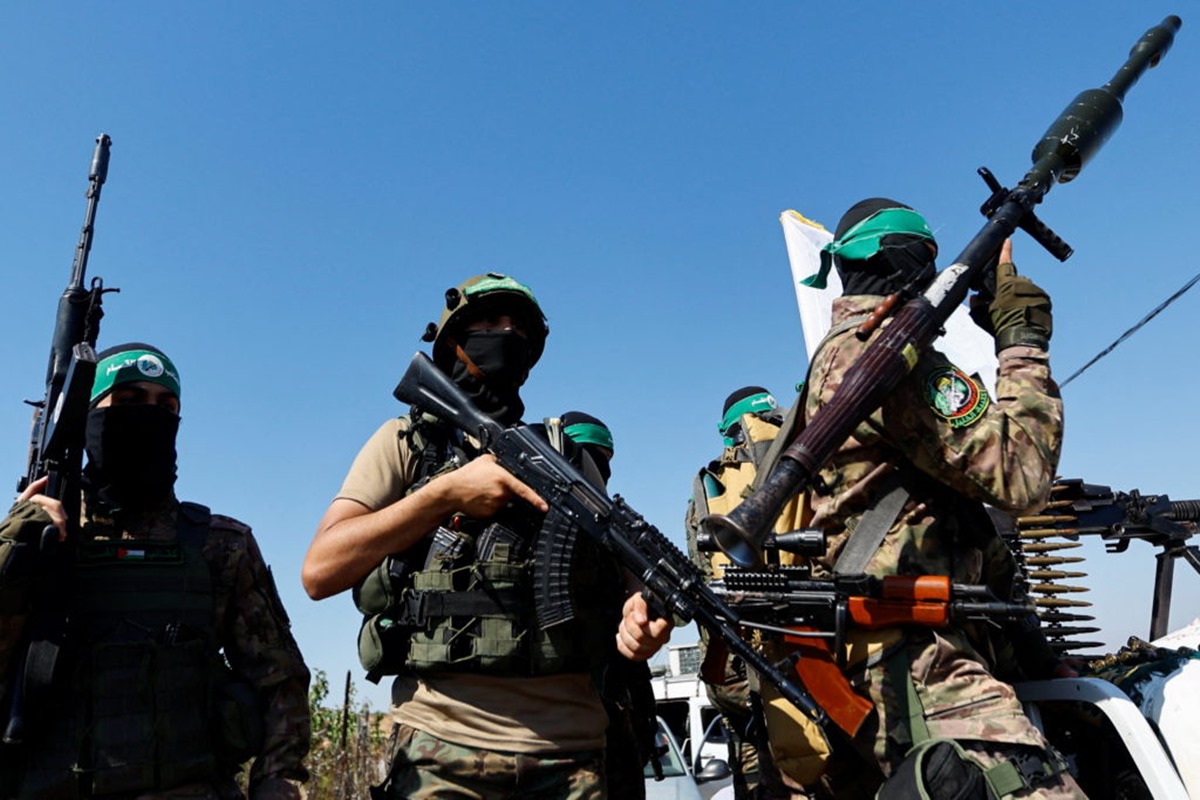Iran vows ‘harsher’ response should Israel ‘make another mistake’
Iran's Foreign Ministry Spokesman Nasser Kanaani has warned that his country will make a "harsher and more decisive" response should Israel make another mistake.
As the conflict in West Asia rages, the latest attack by Hamas resulting in the loss of 21 Israeli soldiers marks a sombre turning point.

Representation image
As the conflict in West Asia rages, the latest attack by Hamas resulting in the loss of 21 Israeli soldiers marks a sombre turning point. This tragedy not only deepens the already profound human cost of the conflict but also raises crucial questions about the effectiveness of the military strategies employed by both sides. The stark reality is that wars seldom adhere to neatly drawn plans, and the recent incident highlights the unpredictable nature of conflict. The soldiers were engaged in a perilous mission, preparing explosives to create a buffer zone along the Gaza border.
The attack that ensued, triggered by a rocket-propelled grenade, claimed lives in a tragic turn of events. This incident underscores the complexity of the situation, with Israeli forces striving to protect themselves from militant threats while navigating the densely populated Gaza Strip. The challenge is not only military but also ethical, as civilian casualties mount, and the toll on Gaza’s population becomes increasingly untenable. Israeli Prime Minister Benjamin Netanyahu’s commitment to pressing ahead until “absolute victory” raises questions about the feasibility of such an ambitious goal.
The tragic loss of soldiers prompts reflection on whether a re-evaluation of military strategies is warranted, considering the evolving dynamics of the conflict and the mounting internal and international pressure for a ceasefire. The call for a ceasefire gains traction, not only due to the tragic incident but also because of the broader humanitarian crisis unfolding in Gaza. The staggering statistics of civilian casualties, displaced populations, and a region teetering on the brink of disease paint a dire picture. It is a reminder that the consequences of war extend far beyond the battlefield and necessitate a recalibration of priorities. International pressure, notably from the United States, urging Israel to scale back its offensive and consider a path towards the creation of a Palestinian state, adds a diplomatic dimension to the conflict. The world watches as the tragedy unfolds, and urges leaders to prioritise dialogue and diplomacy over escalating military actions. The reported proposal for a two-month ceasefire, with hostages exchanged for the release of Palestinian prisoners, suggests a potential pathway to de-escalation. However, the rejection of this proposal by Hamas underscores the deep-seated complexities and entrenched positions that have fuelled this conflict for decades.
Advertisement
In the face of such a multifaceted crisis, leaders must be willing to adapt and reconsider their strategies. The growing dissent within Israel over Mr Netanyahu’s conduct of the war and the plea from families of hostages for a negotiated resolution highlight the need for a nuanced approach that acknowledges the human toll. As the world grapples with the aftermath of one of the deadliest days in this protracted conflict, it is imperative to recognise the shared responsibility in finding a path towards peace. The tragedy of war should not only unite us in mourning but also serve as a catalyst for rethinking our collective approach to resolving age-old disputes.
Advertisement